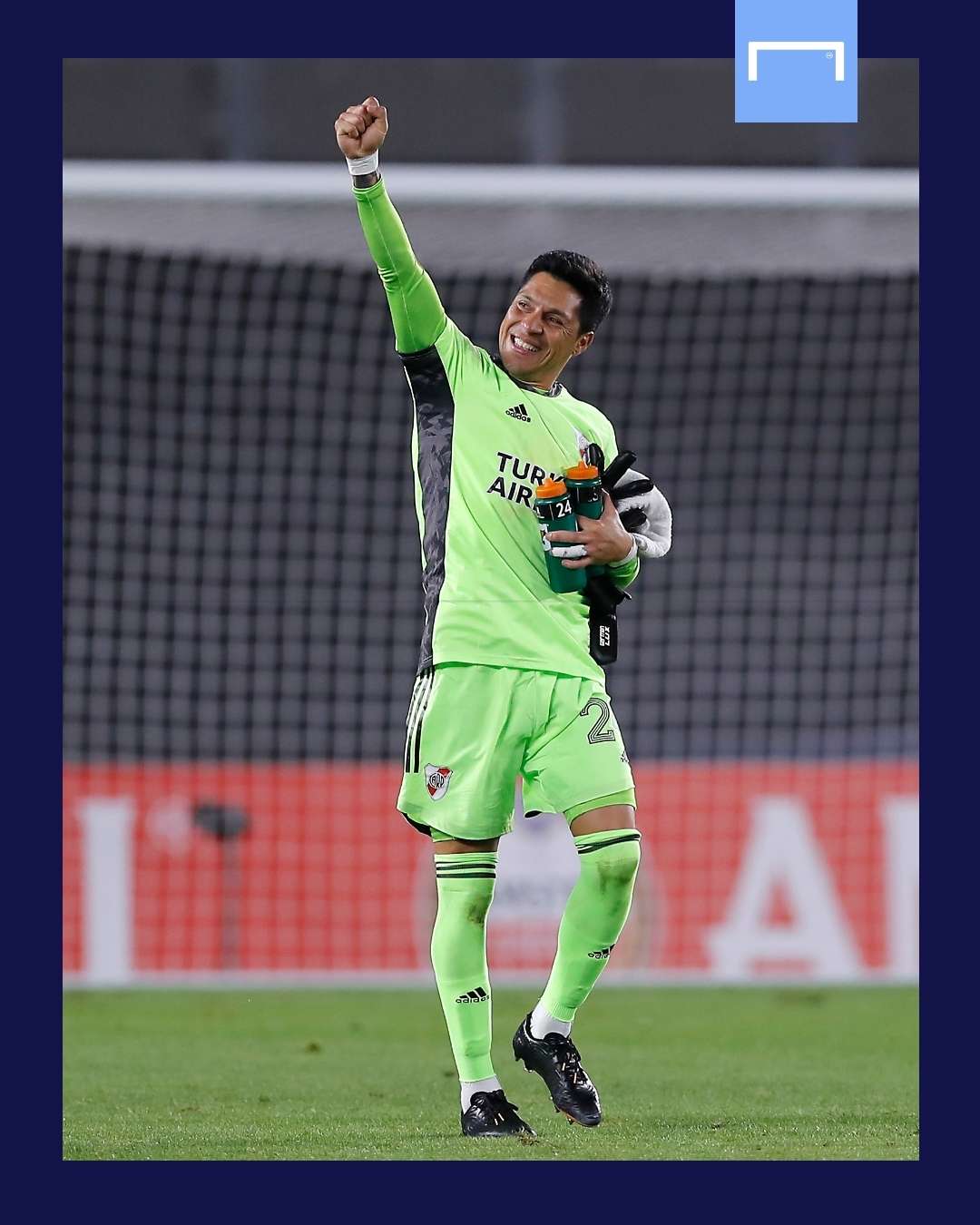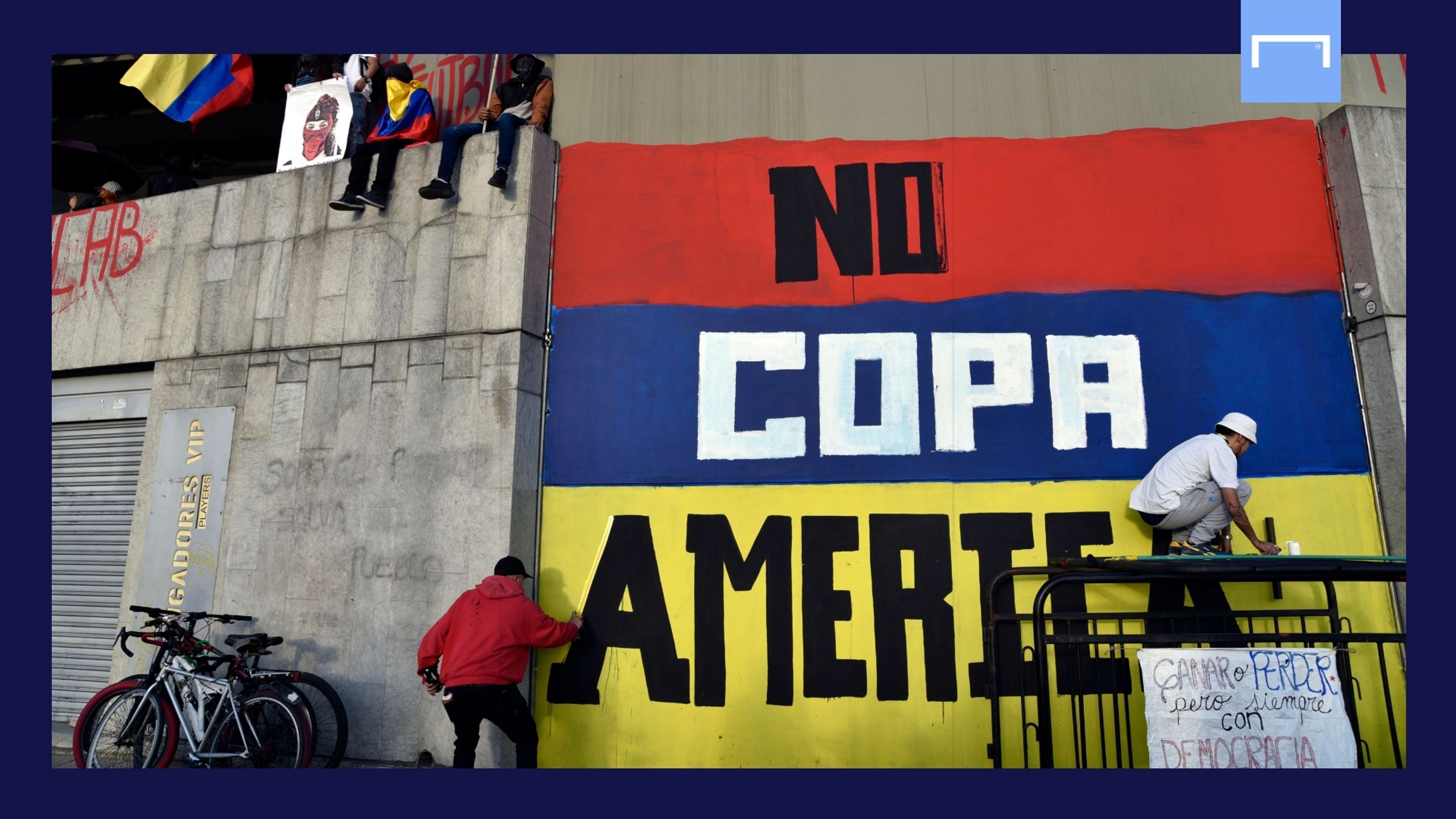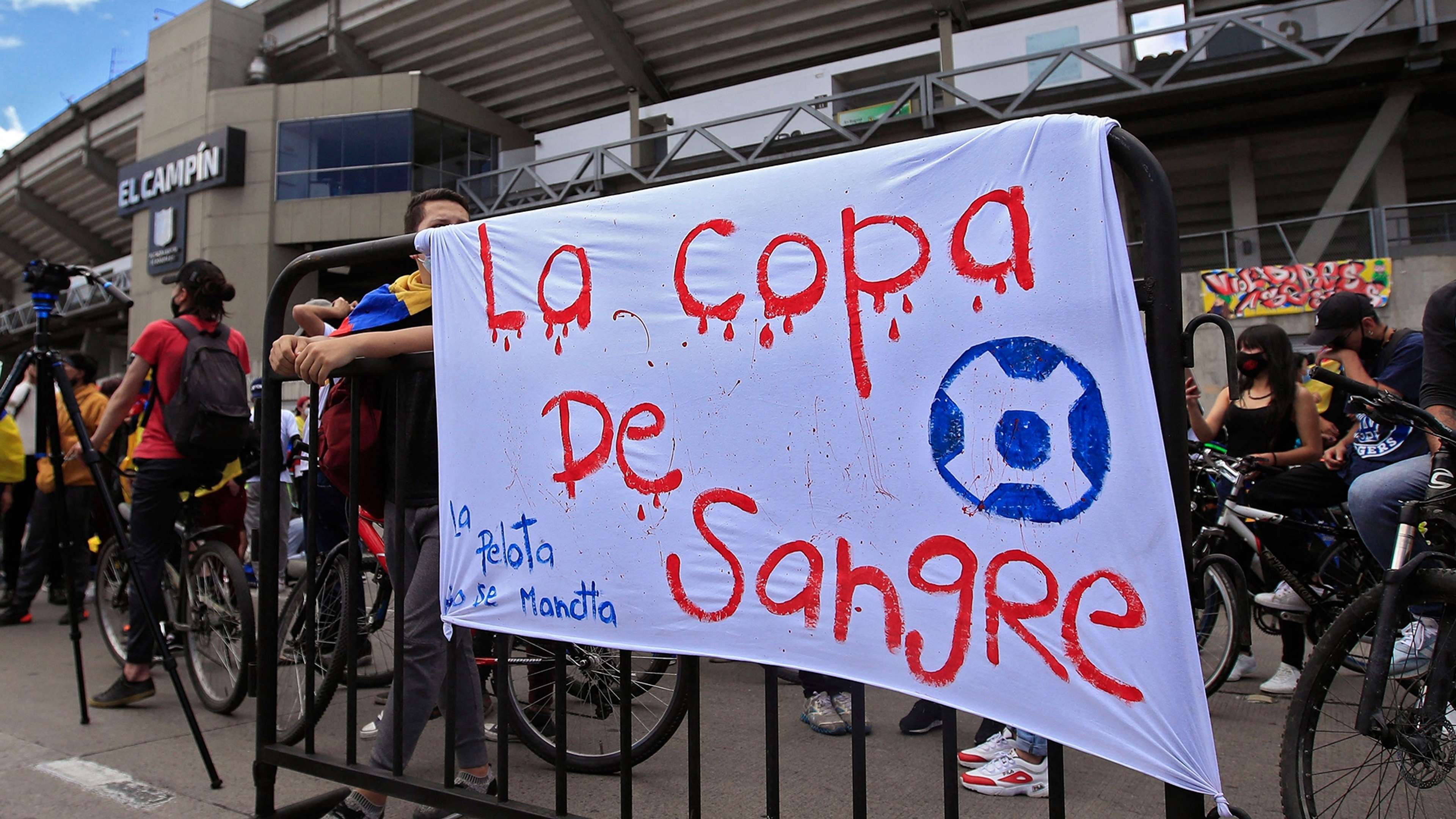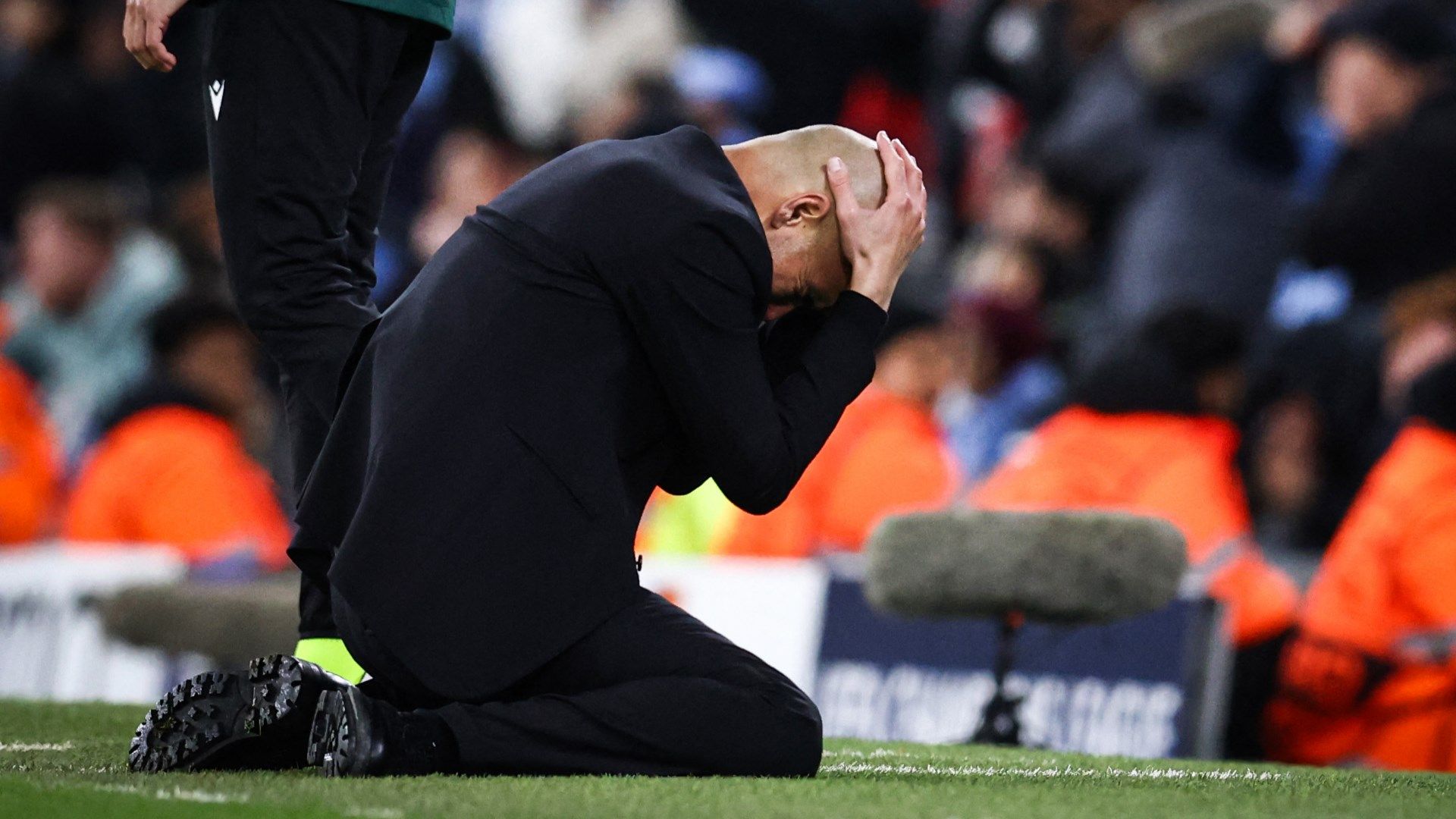On June 13, coach driver Gustavo Insua was called upon to ferry the River Plate team home following their Copa Libertadores draw against Junior in Colombia.
Two days later, Insua tested positive for Covid-19, along with more than a dozen Millonario players in an outbreak that would eventually affect no less than 22 members of the Nunez club's first-team squad and leave them severely handicapped as the football calendar rumbled on.
The net result was midfielder Enzo Perez having to go in goal for the entirety of last week's remarkable Libertadores win over Santa Fe.
However, while those young, healthy professionals experienced little more than tedious isolation and inconvenience from the virus, the 58-year-old Insua was not so fortunate.
His condition rapidly deteriorated and, after several days in intensive care in critical condition, he passed away on Wednesday in a hospital close to his home in Grand Bourg, Buenos Aires Province.
He became the latest victim of a pandemic that continues to ravage almost all of the South American continent and is now jeopardising the playing of the Copa America on Argentine soil.
Barely a week has passed since the tournament – already delayed for a year due to coronavirus – lost the first of its two co-hosts.
Colombia fought tooth and nail to keep the Copa despite nationwide protests and bloody street battles across the country – the game between Junior and River in Barranquilla was played against a backdrop of gunshots and explosions, while the visitors cut their warm-up short after inhaling tear gas.
However, CONMEBOL ultimately decided to strip Colombia of their hosting duties. It was a decision that was taken reluctantly but made inevitable given the situation on the ground.
The Argentine government confirmed on Wednesday that they had received an offer from the governing body to stage the entire tournament, which begins on June 11.
“First, we have to resolve the part we are committed to,” Cabinet minister Santiago Cafiero explained to Radio La Red. “Argentina has committed to organising half of the Copa America. We are working on that, our half.”
 Getty Images
Getty Images
The next day, following a meeting between President Alberto Fernandez and his CONMEBOL counterpart Alejandro Dominguez, the same minister assured that the Copa would only go ahead under the strictest protocols.
As part of those health and safety measures, all teams' delegations are required to receive at least one vaccine dose in order to compete in the country.
However, Argentina, with more than 30,000 daily cases and an average of around 400 deaths, is on a par with neighbouring Uruguay as the worst-hit country in the world right now and politicians are divided evenly among the ruling Peronist coalition led by President Alberto Fernandez on whether to host the Copa.
“Sometimes big organisations [such as CONMEBOL] impose one rule for everybody and that can be a problem if we don't understand what we are going through,” Nicolas Kreplak, deputy health minister in Buenos Aires province (the location of two of the prospective new venues should Argentina take on sole hosting duties) warned El Destape.
“From my point of view, it would be better if [the Copa] were postponed a couple of months.” National health minister Carla Vizzotti told TN: “Welcoming 2,000 people with protocols at the Copa America poses no risk.”
The uncertainty hanging over Argentina at the moment casts a shadow over the upcoming Copa.
The country is currently in strict lockdown with most non-essential travel and activities, including football, banned, although its participants in the Libertadores and Sudamericana were allowed (or obliged) to play out their home games this week due to CONMEBOL's insistence.
Most troubling of all from the governing body's point of view is that there is no prospect of Argentina bending on its refusal to allow fans into the stadiums, even for the final, a point on which Colombia was prepared to be more flexible.
A final decision is expected at the end of this week on the Copa's fate, whether to allow half or all of the competition to go ahead in Argentina, or move it to another nation entirely.
 Getty/Goal
Getty/Goal
Chile, Ecuador and Venezuela have all made an official attempt to take on hosting duties in the wake of Colombia's withdrawal. The latter two were quickly discarded by CONMEBOL, but the Andean nation, which boasts over 50 per cent of its population vaccinated – by far the region's best performance – and would consider opening the doors to a limited number of fans, is being taken more seriously as either a joint or sole host.
Some reports have even suggested that the United States could be drafted in as a last-minute saviour, although there appears little prospect of such a drastic shift barely two weeks before the tournament begins, particularly considering that CONCACAF's Gold Cup will run at the same time.
What is clear is that any enthusiasm governments have mustered around landing the Copa has been met with vehement opposition.
“Let's be serious,” Chilean MP Eduardo Duran fired in response to the hosting plan. “The country is going through a huge pandemic, there are thousands dead and the state's main concern should be controlling it.
“Today [Sunday, May 23], there were more than 6,000 cases, 132 people died, so that's the main focus, not a football tournament... even just thinking about this alternative is hugely irresponsible.”
Former Venezuela coach Richard Paez gave a similar opinion, telling Circuito Exitos that “I don't think it's right to take the Copa America to either Argentina or Venezuela.”
An assumption seems to have grown in South American in recent months that Covid infections are just another occupational hazard for footballers, an asymptomatic groin strain which must be waited out and tolerated.
But that was not the case for Insua, nor for elderly club presidents and directors in the region such as Patronato's Miguel Angel Hollmann, who have succumbed to the pandemic.
It was not the case for the wife of Julio Cesar Falcioni, who caught Covid in April at the same time as the Independiente coach while suffering from cancer and passed away in May.
Any decision taken by CONMEBOL must take into account the severity of the situation, and ensure that the safety of not only the players involved in the Copa America but everyone who will be in contact with the tournament is strictly guaranteed.




.jpg?auto=webp&format=pjpg&width=640&quality=60)